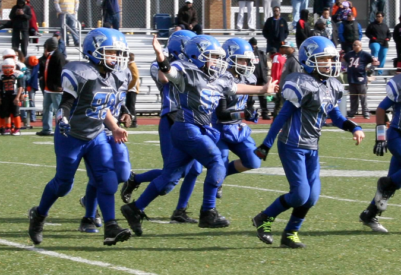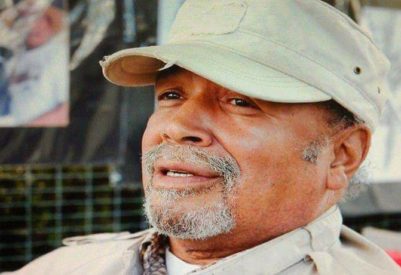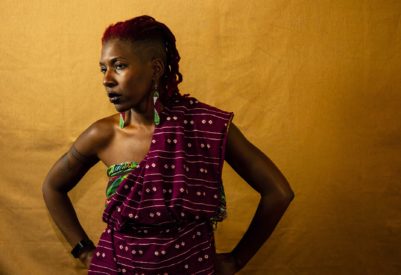
By Jessica Lewis CEO of La’Lew Public Relations
Academic learning standards created by state education departments are designed according to discipline areas and serve to mandate, what students should know and be able to do, in each subject area.
However, most often these academic learning standards do not speak to what students should know about themselves as it relates to their communities, heritage and culture.
We know, the Rochester City School District (RCSD) is predominantly comprised of black and brown children.
To move the needle on the work, we are doing with RCSD, our approach must be culturally relevant. To this end, we must ask ourselves---what are the “essential knowing” for educators, parents and community builders?
Parents should feel valued and desire to be a part of the school community.
Educators should be positioned to make changes to improve teaching and learning outcomes for students.
Students should be connected to their learning and supported in seeing themselves as scholars and community builders.
School and community leaders should come together to form productive relationships that are meaningful and impact.
It is imperative we learn how to effectively build in the historical and cultural knowledge that has been consistently omitted from teacher preparation programs about what works and will work for students and communities of the African diaspora.
In 2007, Cultural Learning Standards was developed by the Rochester Teacher Center as a resource for educators and families, who are seeking to develop and deepen their cultural knowledge through learning experiences created and presented to children.
These standards reflect African and African descended peoples’ ways of thinking, being and knowing. The Cultural Learning Standards reflect the kind of learning that supports the development of persons, who seek excellence in every aspect of their lives.
The three sets of standards are “What Students Know,” “What Students are Able to Do,” and “What Students are Like.”
These standards represent, the cultural backgrounds of most children in our district and are relevant to enhancing life’s meaning for all children by speaking to individual and collective living, responsibility and most importantly purpose.
If we are to make the greatest impact on Rochester’s children, we must do so intently from a culturally informed approach, not only influences policy and practice, but transforms the community to improve conditions and circumstances for Black people and our children.
About: ROC the Future is an alliance of leading Rochester-area institutions and community partners that promotes alignment and focuses community resources to improve the academic achievement of Rochester’s children. More at www.rocthefuture.org





